Content from the Brookings Institution India Center is now archived. After seven years of an impactful partnership, as of September 11, 2020, Brookings India is now the Centre for Social and Economic Progress, an independent public policy institution based in India.
This article first appeared in Live Mint. The views are of the author(s).
From Jawaharlal Nehru to Narendra Modi, India’s leaders have often evoked the phrase vasudhaiva kutumbakam (the world is one family), taken from the Maha Upanishad, to elucidate the country’s global outlook. While the term has become a mantra of India’s diplomatic lexicon, it has remained ambiguous and rarely elaborated.
Indeed, despite their differing political and religious hues, almost every leader has used the phrase to convey varying concepts and address different issues at different times. For instance, in 1989, Rajiv Gandhi cited vasudhaiva kutumbakam to challenge the concept of first, second and third worlds, revive the idea of “One World”, and put forward the vague notion of an “Earth Citizen”. In 2002, Atal Bihari Vajpayee employed the phrase at a meeting on the national human rights institutions of the Asia Pacific Forum to assert that “India’s understanding and advocacy of human rights are as universal as they are ancient”. In 2007 ,Manmohan Singh deployed the term to defend India’s approach to climate change and global warming while accepting its global responsibility at the Heiligendamm G8 summit. Finally, in his maiden speech at the United Nations in 2014, Narendra Modi used the locution to reassert India’s fading case for reform of the Security Council and lament on the inability of the world body to effectively deal with cross-border terrorism.
Clearly, vasudhaiva kutumbakam has become a catch-all notion for India’s diplomatic orthodoxy to be deployed in numerous scenarios. Although it might be open to myriad interpretations, it has been used to broadly convey India’s ideal and liberal concept of global norms, themes of globalization, or global commons. In doing so, it suggests that this is an ideal world worth achieving and it can be created through negotiations alone.
In reality, however, the overly benign and idealist presentation of the concept, which appears to promote values more than interests, has done very little to actually advance India’s cause in any of the issues where it has been quoted. And it is unlikely to do so unless the concept is deconstructed and better understood.
To read more, please click here.
The Brookings Institution is committed to quality, independence, and impact.
We are supported by a diverse array of funders. In line with our values and policies, each Brookings publication represents the sole views of its author(s).
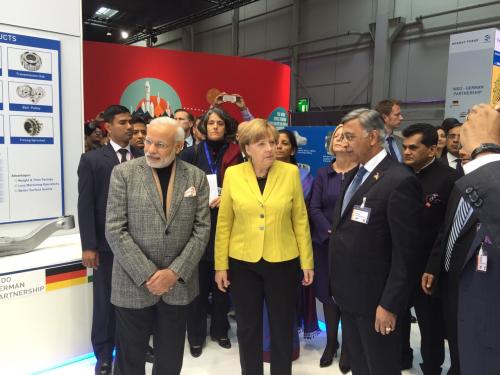
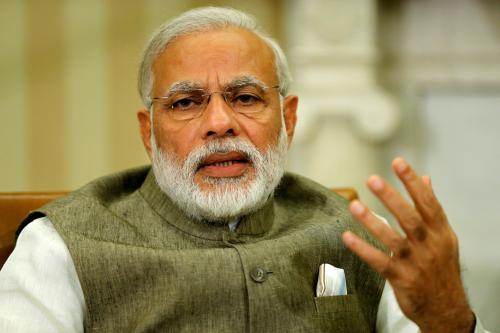
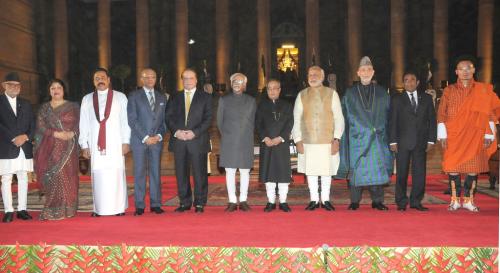
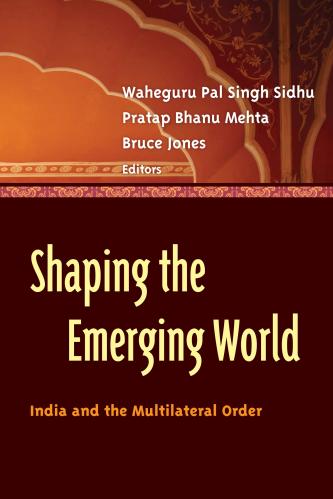
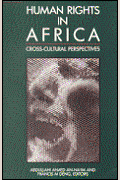
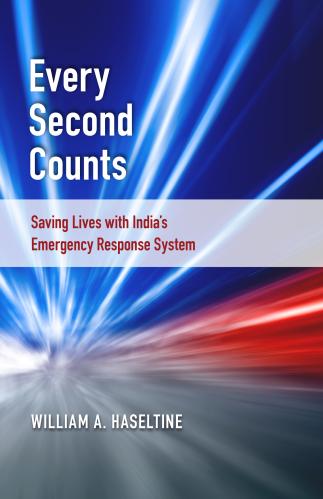



Commentary
Op-ed‘Vasudhaiva kutumbakam’ for the 21st century
May 22, 2017